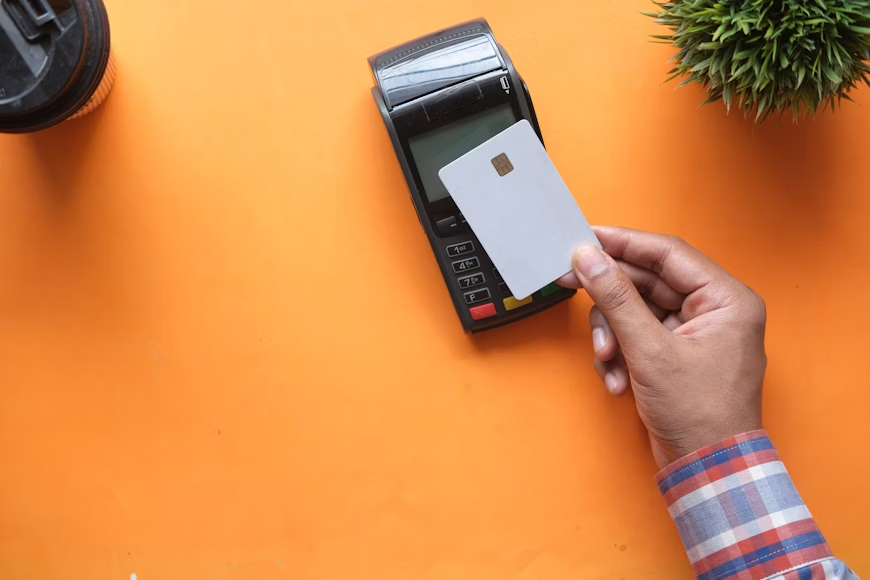Cash vs. Card: Which One Helps You Spend More Wisely?
- Summarised by TGHC Editorial Team

- Jul 10, 2025
- 2 min read
Swiping a card or handing over cash—does it really make a difference? Turns out, how you pay influences how much you spend, how well you track expenses, and whether you stick to your budget. The battle between cash and card isn't just about convenience—it's about psychology, awareness, and control.

The Psychology of Spending
When you use a credit or debit card, there's no physical loss of money. This "invisibility" makes it easier to overspend.
A 2001 MIT study found that people were willing to pay twice as much for the same item when using a card vs. cash.
Physically handing over ₹500 feels more painful than swiping a card. This "pain of paying" acts as a natural brake on spending.
Pros and Cons: Cash vs. Card
Criteria | Cash | Card (Credit/Debit) |
Spending control | High | Lower |
Ease of use | Limited | Very convenient |
Budgeting | Helps stick to limits | Needs discipline |
Rewards | None | Cashback, points |
Security | Can be lost/stolen | Safer, trackable |
Expense tracking | Manual | Automated |
When to Choose Cash
You're trying to stick to a tight budget Set a weekly cash limit and spend only that.
You overspend with cards If you're constantly swiping without checking balance, go cash-first.
You're shopping in markets or small stores Cash may help negotiate better prices and avoid digital fees.
When to Use Cards Wisely
For planned big purchases with rewards Use credit cards to earn points or cashback—if you pay in full.
For safety and record-keeping Cards give you fraud protection and a digital paper trail.
For online transactions and convenience Cards are essential for digital payments, travel, subscriptions.
The Best Strategy? Combine Both
Here’s a balanced approach:
Use cash for daily, discretionary spending like groceries or entertainment. It keeps your budget grounded.
Use cards for essentials or planned purchases that you track in your budget.
Always pay off credit card balances in full to avoid interest and debt traps.
Final Thoughts
There’s no one-size-fits-all answer. What matters is spending with intention. Cash builds awareness and discipline; cards offer ease and tracking. If you want to spend wisely, don’t just ask “how much?”—ask how are you paying?
Sources:
Prelec & Simester, MIT, "Always Leave Home Without It: A Study of Credit Card Spending Behavior," 2001.
Psychology Today – “Why We Spend More With Cards” (2023)
NerdWallet – “Cash vs. Credit: Which Is Better for Budgeting?” (2024)



